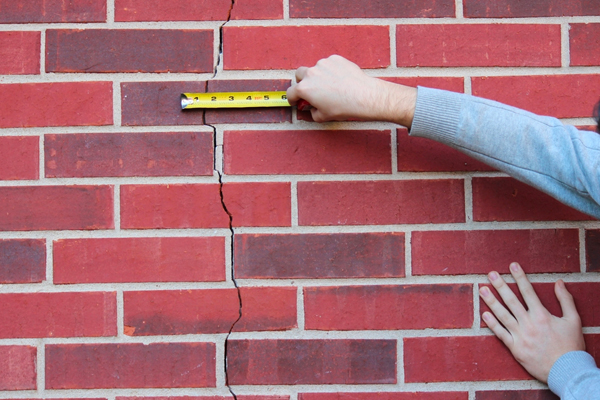© 2025 Artemis Law Group | Privacy Policy | Website and Marketing: S3E, Digital Marketing Company Los Angeles
- About
- Practice Areas
- LOS ANGELES
- REAL ESTATE LAW
- Border Disputes & Land Use
- Commercial Leases
- Commercial Transactions
- Eviction Defense
- Landlord Eviction Disputes
- Real Estate Disputes
- Real Estate Litigation
- Real Estate Transactions
- CONSTRUCTION LAW
- Construction Litigation
- Construction Defects
- Construction Disputes
- Property Damage Construction
- Property Defaults
- LOS ANGELES
- SAN DIEGO
- REAL ESTATE LAW
- Border Disputes & Land Use
- Commercial Leases
- Commercial Transactions
- Eviction Defense
- Landlord Eviction Disputes
- Real Estate Disputes
- Real Estate Litigation
- Real Estate Transactions
- CONSTRUCTION LAW
- Construction Litigation
- Construction Defects
- Construction Disputes
- Property Damage Construction
- Property Defaults
- SAN DIEGO
- Our Offices
- Testimonials
- Blog
- Make A Payment
Category
Insights
Artemis Law Group, with offices in Los Angeles and San Diego, is a premier law firm serving clients throughout California. Specializing in business, construction, and real estate law, our team of experienced attorneys is dedicated to providing top-notch legal representation for all your legal needs.











